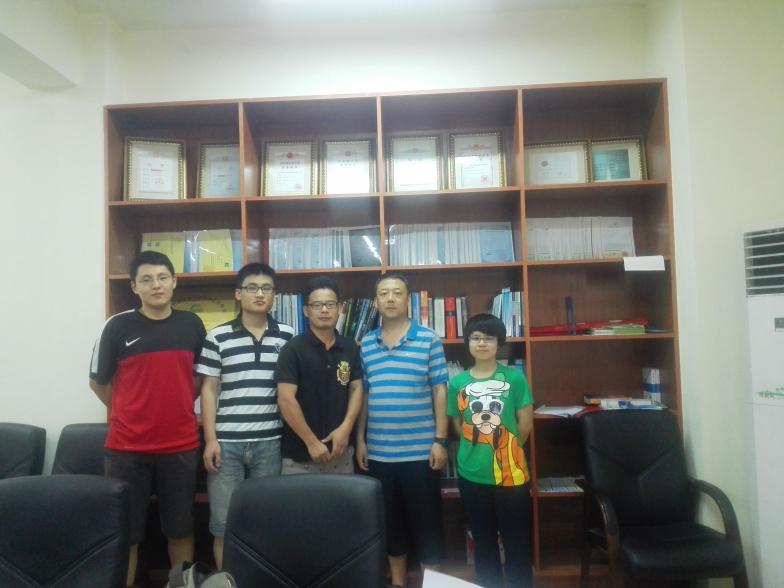

Speaker: Zonghua Zhang
Date: 19/08/2016
Abstract
Recent years have witnessed the emergence of Software Defined- Networking, which is believed to be one of the next generation networking paradigms. Despite the significant advantages of SDN on improving network management, its further development and widespread deployment would be heavily impeded due to lots of security concerns that remain to be clarified. One the one hand, SDN has the potential to fundamentally reshape the landscape of today’s cyber defense mechanisms thanks to its centralized management interface, global network visibility, and programmability. On the other hand, a large set of zero-day vulnerabilities and novel threats, especially the ones targeting at SDN controllers, could be introduced. The purpose of this talk is therefore two-fold: (1) to provide our understanding and insights into security threats of SDN, identify the essential attack vectors, and propose countermeasures; (2) to share some experiences on developing SDN-based security mechanisms, demonstrating how SDN can help to build autonomic defense mechanisms.
Biography
Zonghua Zhang is currently an Associate Professor of Institute Mines-Telecom/TELECOM Lille. He used to work as expert researcher at the Information Security Research Center of NICT, Japan, and postdoc researcher at the University of Waterloo, Canada and INRIA, France.
He holds a Ph.D. degree (JAIST, Japan) in information science, and a HDR diploma (UPMC, France, an accreditation to supervise Ph.D. students) in computer science. Zonghua's research covers a broad spectrum of security topics such as anomaly detection, network forensics, security management, reputation systems, and security protocols in different type of computer and communication networks. The current targeted scenarios mainly cover the next generation networking paradigms such as Software-Defined Networking (SDN) and Network Functions Virtualization (NFV), as well as Cyber-Physical Systems (CPS) like e-healthcare and Intelligent Transportation Systems (ITS). He is serving as the editorial board member of Computer & Security (COSE), Security and Communication Networks (SCN), International Journal of Network Security (IJNS), and IEEE Communications Magazine.